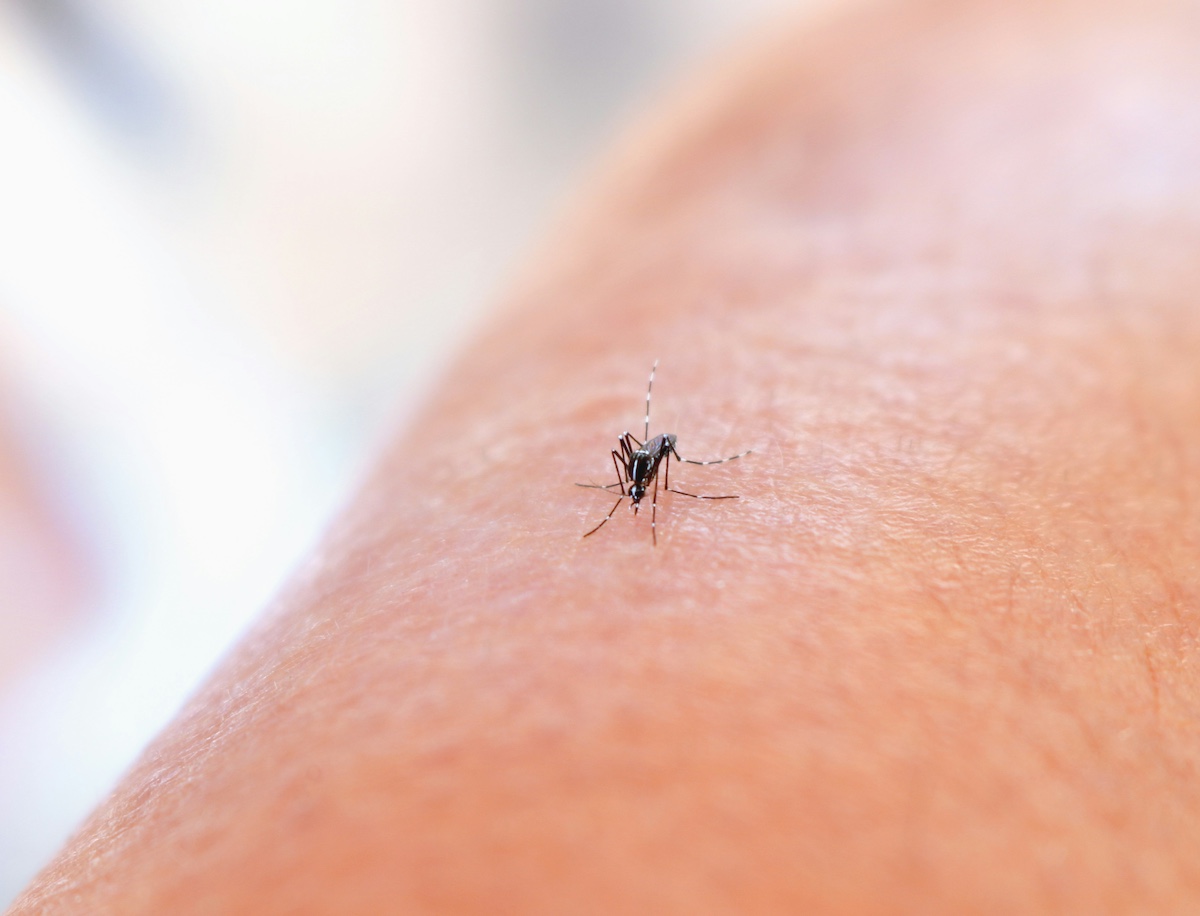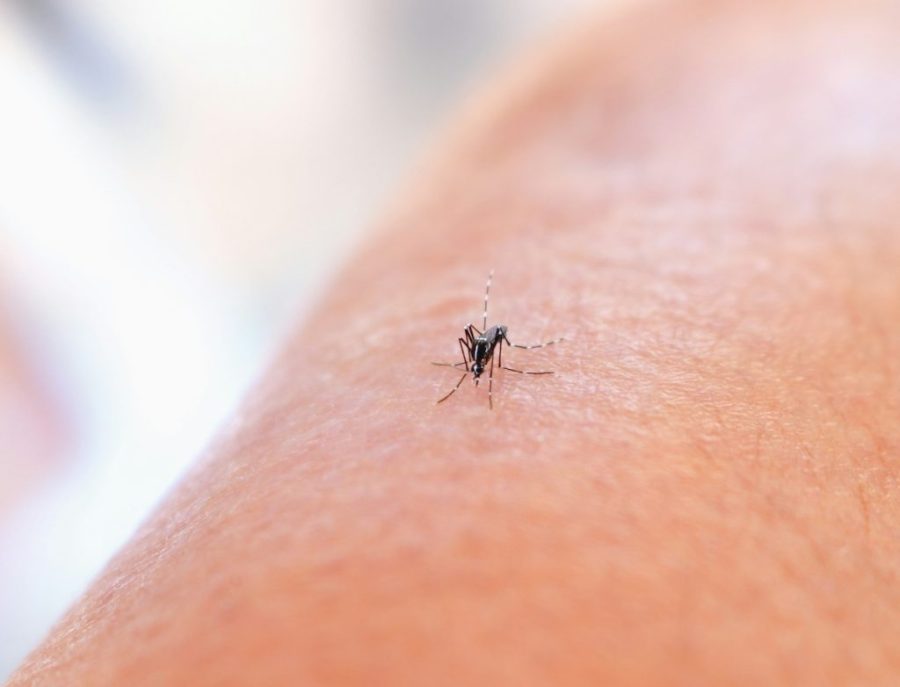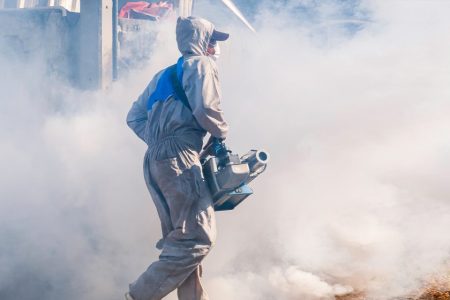The Health Bureau did not uncover any dengue fever cases in the latest round of door-to-door inspections earlier this week, according to an official statement released yesterday.
The operation uncovered five suspected cases, although blood test results all came back negative.
Authorities are taking measures to control the possible spread of dengue fever in Macao after the Health Bureau was informed by its counterparts in neighbouring areas that patients carrying the disease during its incubation period had visited the SAR.
The bureau has retraced the movements of the infected, conducting checks in areas around Rua da Erva and the Border Gate. In total, 180 businesses, as well as 2,000 households across more than 80 apartment buildings were visited.
Some of the other measures that were implemented included locating and exterminating mosquito breeding grounds, as well as setting up free blood test services for those who believe they might have been infected.
[See more: The Health Bureau is taking measures to curb a possible dengue fever outbreak]
During the checks, Health Bureau staff uncovered mosquito larvae under flower pots that had accumulated water. As well, larvae were found in the rooftop areas of some buildings, which had containers that had fallen over or not been properly sealed.
Spread through the bite of the Aedes Albopictus mosquitoes, dengue fever is generally found in regions that have a tropical or subtropical climate. Sufferers exhibit a number of symptoms, including fever, muscle pain and headache, the severity of which can vary widely.
Fears of a potential local dengue fever outbreak have been raised in Macao in recent months, as neighbouring regions continue to report cases of the disease. Multiple cases have been uncovered across Guangdong province since May, while cities such as Zhuhai, Guangzhou and Jiangmen have also had local infections.
The danger has been greatly exacerbated by the very high numbers of people passing in and out of Macao, as well as the city’s large mosquito population, as indicated by the oviposition trap index, which stood at a worrying 56 percent last month.
In order to reduce the risk of dengue fever, the Health Bureau asks residents to clean up stagnant water, use mosquito screens and nets, wear lightly coloured and long sleeved clothing, and apply mosquito repellent when outdoors.






